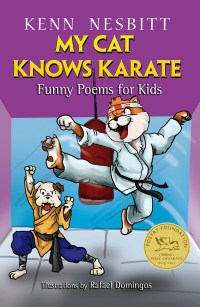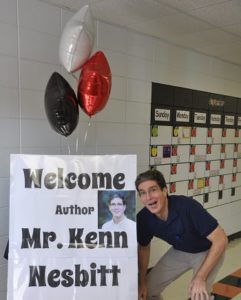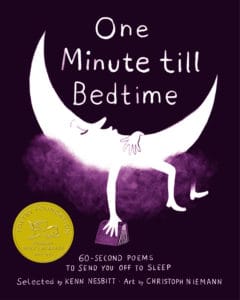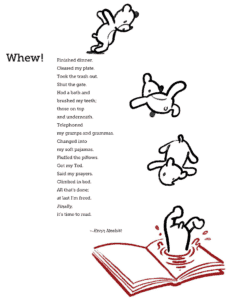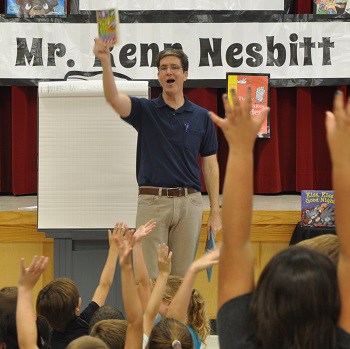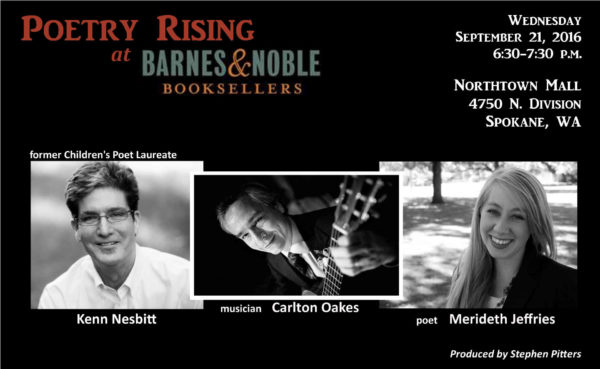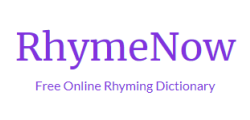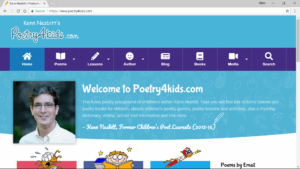
After many, many years with the same look, a look that was beginning to get a little long in the tooth, I have completely redesigned the look of Poetry4kids.com. It was a big project that took most of the summer, and it’s something I’ve been wanting to do for years.
In addition to a more modern look and easier-to-navigate menus, the new Poetry4kids is also mobile-friendly, adapting to any display size, from desktop to tablet to mobile phone. And, to make sure your visit to Poetry4kids is always secure, I have added an SSL certificate to the website, and updated our Privacy Policy and cookies notifications to be in compliance with the EU General Data Protection Regulation.
Of course, as with all big projects, there’s still some cleanup to do. Over the coming weeks I will be going through the site’s many hundreds of pages to ensure that everything is working just as it should.
In the meantime, I’d love to hear your feedback. Like what you see? Can’t find something you’re looking for? Come across something that isn’t working? Please drop me a line and let me know.

